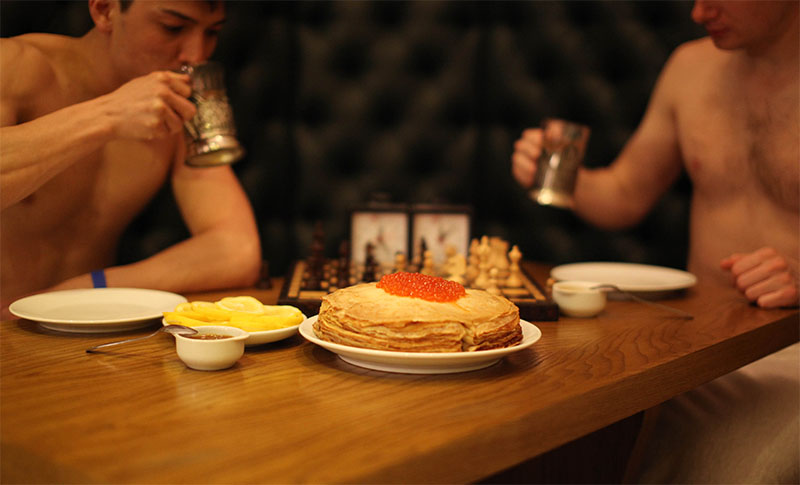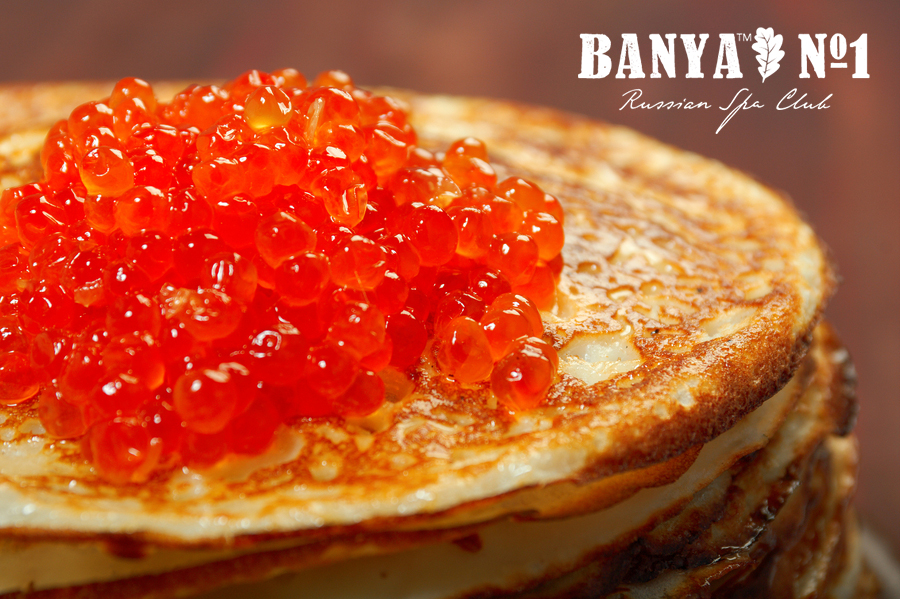Featuring articles
Spring is Coming… with Russian Maslenitsa
Between 24th February and 1st March 2020, Russians celebrate Maslenitsa or Pancake Week, a holiday that marks the end of winter and the beginning of spring.
Maslenitsa has been observed since the Ancient Slav times when, due to their pagan rituals, it was essential to say ‘goodbye’ to the winter. Initially, it was celebrated at the spring solstice, but since the onset of Christianity, it has been moved back to mark the beginning of Lent, the period preceding Easter.
According to ancient traditions, each day of Maslenitsa Week has a special name and meaning. On Monday, people welcome Maslenitsa by making as many pancakes as possible and by meeting their friends. In pagan times, pancakes were a symbol of the sun so people tried to eat as many as they could to attract sunny days and ultimately a better harvest.
Tuesday is for having outdoor fun, such as sliding down hills, having snowball fights, and visiting fairs and markets. Wednesday is a ‘Sweet Day’ when people eat pancakes with sweet fillings, as well as other desserts. Thursday is for fist fights and other physical activities. On Friday, people visit their mothers-in-law, and on Saturday young wives host family parties.
The most important day of Maslenitsa Week is Sunday when the celebrations are rounded off with the burning of a straw effigy of Maslenitsa, symbolising the beginning of spring.
Russian pancakes are normally made from just milk, eggs and flour. They are a bit thicker than French crêpes and people make them triangular in shape to prevent the topping oozing out. The traditional toppings are sour cream, jam, honey, cottage cheese and caviar.
Why not celebrate the end of winter and Pancake Day at Banya No.1? We offer traditional Russian pancakes with caviar and sour cream. You can even enjoy them whilst sipping a traditional Russian herbal tea.

You can find Russian pancakes in our menu. Enjoy the tea in our cosy rest area during your Banya session.

